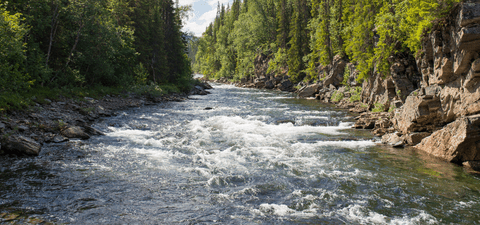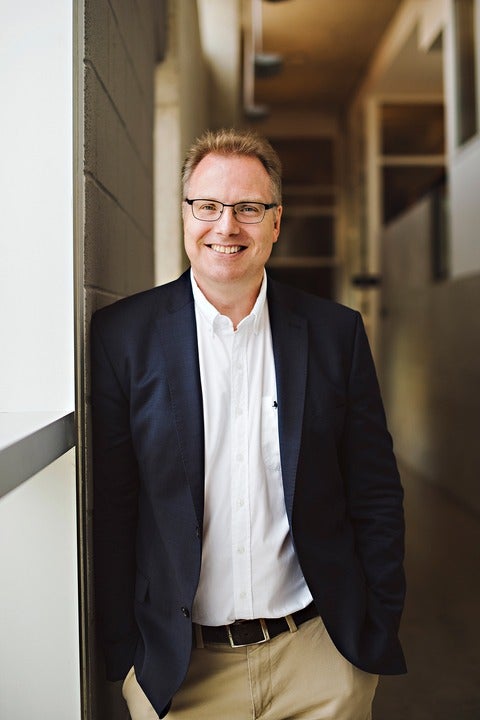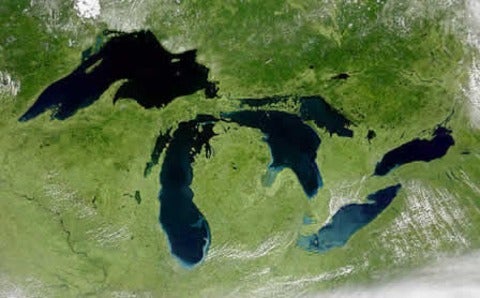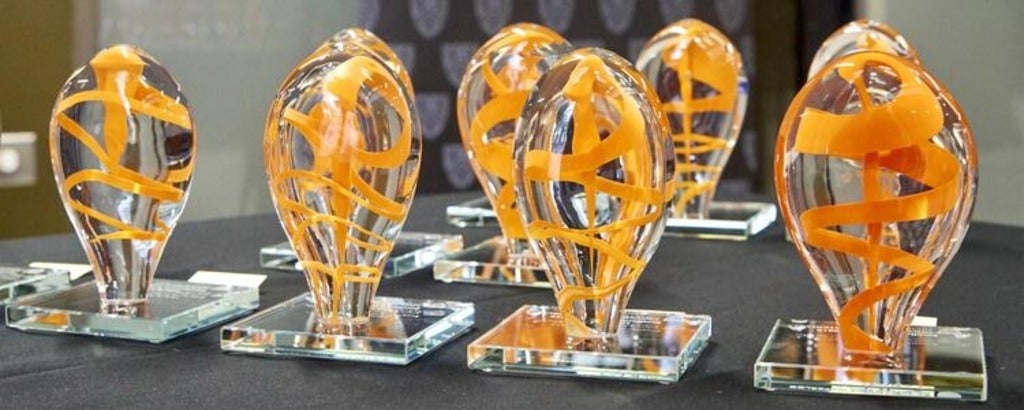forWater Network's inaugural research report shares key findings and research insights
Since the start in June 2017 the forWater Network, led by Water Institute member Professor Monica Emelko, has been contributing critical knowledge to the field of forest management and water treatment research. This unprecedented Network brings together two very distinct fields, forest management and drinking water treatment technology. Beyond bridging vastly different disciplines, the Network also spans research across Canada's five major ecozone.








